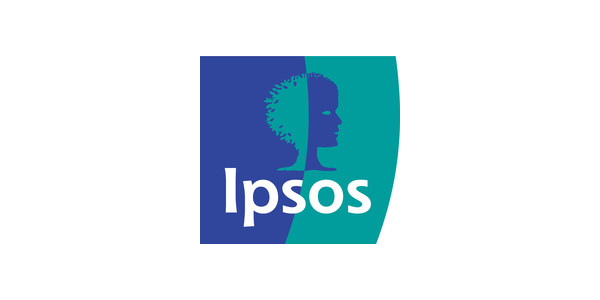
projects
COVID Conversations: Communicating Public Health research
We commissioned Ipsos MORI to analyse online posts from early to mid-2020. The research opens a window into the public’s experience of the pandemic and how they responded to communication of public health information.

Our ground-breaking research with Ipsos MORI draws on social media data to better understand the UK public’s experience of the coronavirus pandemic. The study is presented in four reports and offers insights and lessons on communicating public health during the coronavirus pandemic. And it also provides a window into the online public’s experience during the first national lockdown in the UK, when almost half of the British public (47%) reported spending more time on social media.
Ipsos MORI analysed some 3,692,129 online posts, from February through to June 2020. Their research team used a combination of automated machine-led analysis, manual coding, statistical modelling and qualitative investigation.
Online conversations and the efficacy of public health communication
1. Method review and overview of key announcements
In this first report in the series, we detail our approach – its pros and cons – and distil the key announcements which have influenced social media activity during the period analysed. We identify the policies which gained greater traction online than others. We also begin to illustrate the way in which critically important services, their users and their families are more or less ‘heard’ above the social media maelstrom.
2. Performance of public health messages and the impact of emerging issues
In this second broad-ranging report, we provide an analysis of public reactions to major Government announcements, public health messages and events during the first six months of the pandemic. Simple messages, applicable to everyone, were most clearly understood and generally solicited a positive response. Meanwhile, messages designed to herald the end of the national lockdown and enter a new phase of the pandemic caused greater confusion and were generally greeted with negativity.
3. Discussions about and among health and social care professionals
In this third report, we provide an analysis of online conversations among health and care professionals. We explore in-depth the themes that surfaced organically from the care workforce. These themes include: keyworkers, family and children, appreciation for workers, the emotional impact of the pandemic, sharing guidelines, advice and resources and concerns about the workforce. In addition, we look at the challenges and opportunities discussed by social media users in relation to the health and care workers. For this third report, Ipsos MORI analysed 19,145 social media posts.
4. Discussions about mental and physical health among social media users during the pandemic
This fourth report draws on social media data (27, 497 social media posts) to better understand the experience of mental and physical health in the UK during the pandemic. We explore the challenges to people’s wellbeing posed by COVID-19, both in and of itself and as a result of the restrictions it gave rise to. We provide a rich, qualitative analysis of online conversations about these topics and highlight how social media might have proved helpful. For example, it suggests the positive role played by charities online in sharing tips and advice.
"At Future Care Capital, we undertake research to help policy-makers and practitioners navigate broad-ranging developments in health and social care – placing particular emphasis upon the growing use of data and technology to transform services and, crucially, outcomes for our charitable beneficiaries. We engaged Ipsos Mori to analyse >3.5m social media posts to evaluate the efficacy of public health messages and help us understand how people in the UK have been impacted by the ongoing coronavirus pandemic.” Annemarie Naylor MBE, Director of Policy & Strategy




